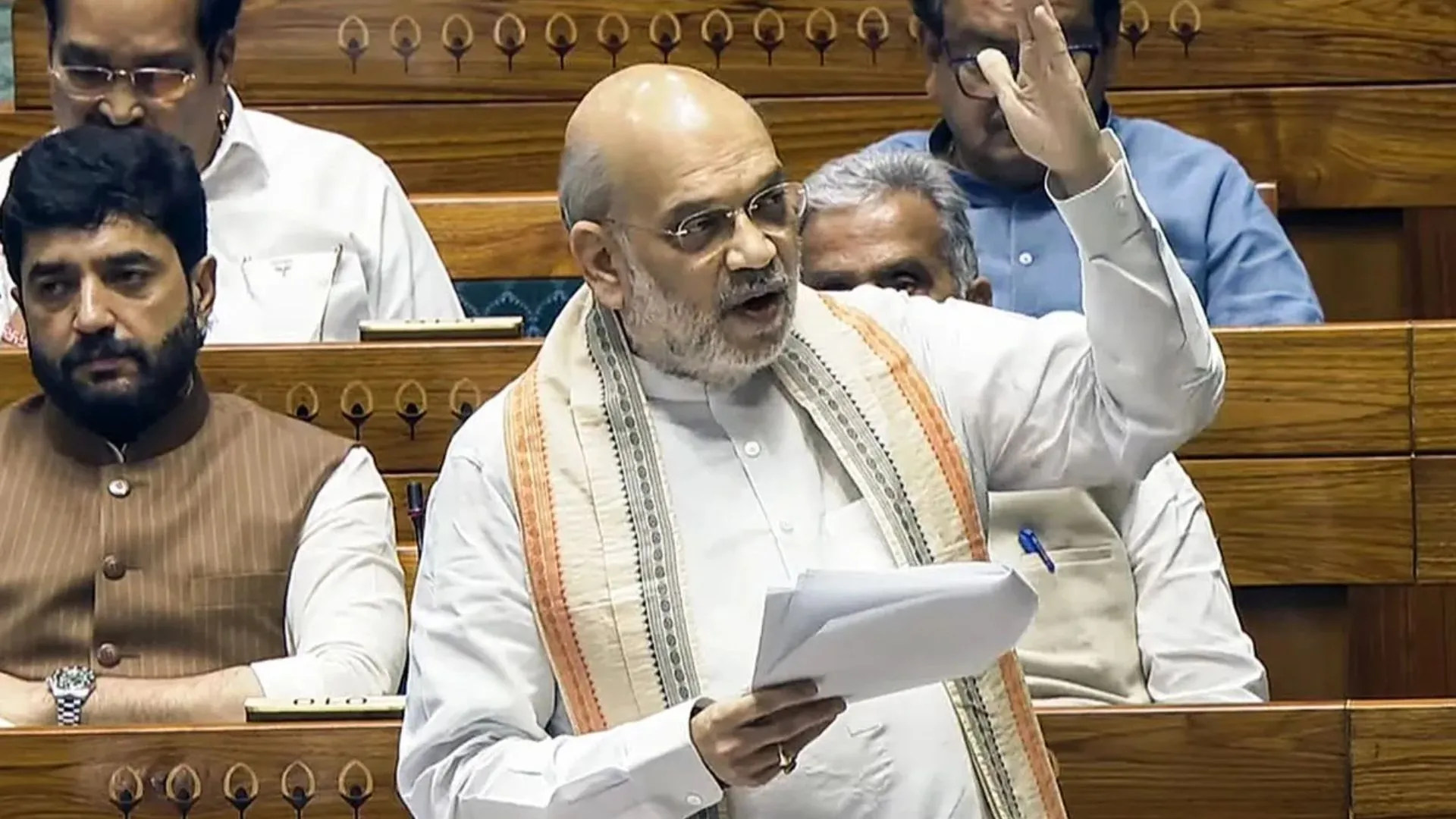President Donald Trump reiterated his call on Monday for the Federal Reserve to reduce interest rates, expressing frustration with what he described as the “slow-moving” central bank. Trump made the remarks in a post on his social media platform, Truth Social, urging the Fed to take action to stimulate the U.S. economy.
“Oil prices are down, interest rates are down (the slow-moving Fed should cut rates!), food prices are down, there is NO INFLATION, and the long-time abused USA is bringing in billions of dollars a week from the abusing countries on Tariffs that are already in place. This is despite the fact that the biggest abuser of them all, China, whose markets are crashing, just raised its Tariffs by 34%, on top of its long-term ridiculously high Tariffs (Plus!), not acknowledging my warning for abusing countries not to retaliate. They’ve made enough, for decades, taking advantage of the Good OL’ USA! Our past “leaders” are to blame for allowing this, and so much else, to happen to our Country. MAKE AMERICA GREAT AGAIN!” Trump wrote in his social media post.
Hassett Denies Tariff Strategy to Pressure the Fed
Trump’s comments came amid heightened economic tensions over his administration’s implementation of tariffs on imports from dozens of countries and territories. The new tariffs are expected to raise the cost of goods, including cars, clothing, and electronics, sparking concerns about inflation.
Last week, Kevin Hassett, the director of the U.S. National Economic Council, denied that the tariffs were part of a broader strategy by Trump to push the Federal Reserve into lowering rates. Hassett strongly rejected any suggestion that there was an attempt to influence the central bank’s decisions.
“There will be no political coercion of the Federal Reserve,” Hassett reportedly said in response to claims that the Trump administration was using economic policies to pressure the central bank. He added that the tariffs were not aimed at crashing financial markets but were instead intended to address imbalances in global trade.























